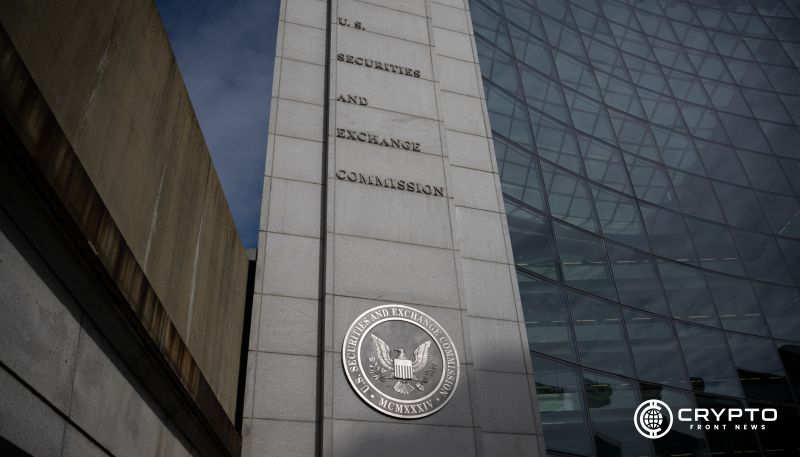- Ripple’s Stuart Alderoty challenges SEC overreach, stressing its limits to security transactions, not simple asset sales.
- Japan’s banks are to adopt XRP by 2025, streamlining remittances and cross-border payments while cutting consumer costs.
- XRP’s rising utility in Japan could inspire global adoption, boosting financial inclusion and blockchain-driven solutions.
Stuart Alderoty, the Chief Legal Officer at Ripple, lays up ideas that might change the nature of cryptocurrency regulation in 2025. He underlined that asset sales are outside the purview of the U.S. Securities and Exchange Commission’s (SEC) regulatory authority. The SEC’s position on cryptocurrency is directly contested by his comments. Alderoty highlighted that selling an asset like a gold bar without contractual obligations is beyond the SEC’s jurisdiction.
Moreover, he dismissed the theory that cryptocurrencies can transition from securities to non-securities as baseless. He said this concept has no legal basis. Alderoty said the crypto business has been upset by the SEC’s “regulation by enforcement” approach. This strategy might undergo a substantial shift under the leadership of Paul Atkins, a candidate renowned for his pro-business views.
XRP’s Growing Utility in Japan
By integrating XRP into its financial systems in 2025, Japan’s banking sector is preparing for its change. For cross-border payments and remittances, Ripple’s XRP will be used by about 80% of all Japanese institutions. Yoshitaka Kitao, the chief executive of SBI Group, is full of faith in XRP’s practical applications.
Kitao pointed out the increasing adoption of RippleNet, emphasizing its efficiency in international remittances. He compared XRP’s inherent value favorably against Bitcoin, citing real demand as a key factor. Consequently, this integration is expected to simplify cross-border transactions and significantly reduce costs for consumers.
Broader Implications for the Financial World
Japan’s adoption of XRP may encourage other countries and organizations to do the same. Additionally, reducing remittance fees will assist Japan’s sizable expat population. Additionally, streamlined transactions will enhance financial inclusion, particularly for underserved populations.
Western countries are also strengthening crypto regulations while exploring blockchain-based financial solutions. This alignment could drive institutional investments in XRP and boost its mainstream acceptance. Moreover, these developments position Ripple as a critical player in the global financial ecosystem.





